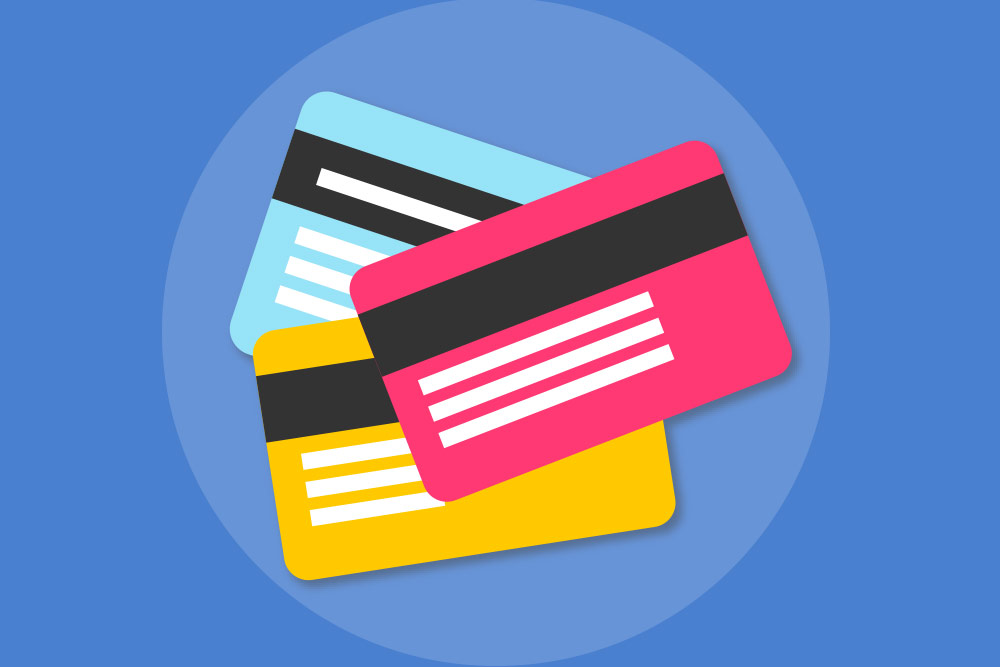Debt Agreements

Debt Agreements, also known as 'Part IX Debt Agreements', may be advertised as a solution to your debt problems or a way to avoid Bankruptcy, BUT, they can cost you thousands of dollars in fees and still result in a bankruptcy.
If you are already deep in debt, any solution that costs you more money should be treated with great caution.
What is a Debt Agreement?
Debt Agreement is a formal and legally binding plan to pay your creditors a certain amount (usually less than the full amount) over time rather than going bankrupt (and potentially losing your assets). It is an 'act of Bankruptcy' and only works if accepted by your creditors. If your creditors don’t accept the proposed plan they can apply to make you bankrupt.
It might sometimes be advertised as ‘saving your Credit record’, but details will still appear on your credit file for at least five years.
Other Options:
Get independent advice. The potential costs and disadvantages of a Debt Agreement means you must get independent advice about taking this action. Advice from the sellers of Debt Agreement is not independent advice.
An independent Financial Counsellor will act in your best interest and may be able to suggest a better, even cheaper solution, such as an informal debt agreement with no service fees! Or you may have good grounds to enter bankruptcy in order to be released from your debts and make a fresh financial start.
Not all debts are cleared by Debt Agreements or even Bankruptcy. For example you would still owe:
- Secured debts
- Joint debts
- Child support
- Fines, penalties
- Student HECS or HELP debts.




